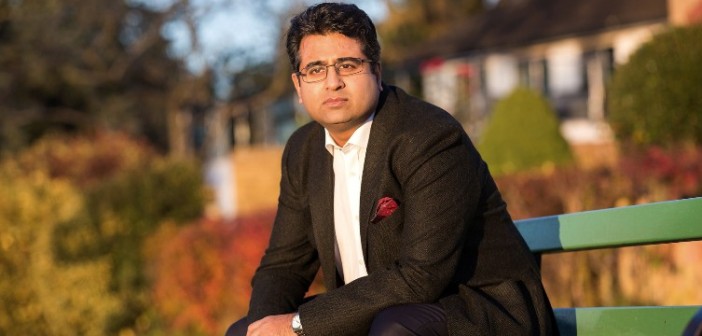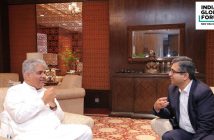The UK election delivered a fractured verdict. So too did the Brexit vote the year before. Neither were decisive by any stretch of the imagination, or what competing spin doctors may claim. In fact, since 2010, when the Conservatives and the Liberal Democrats became uneasy bedfellows, the UK has been grappling with a level of political unease not witnessed for at least a generation or more. In my view, this is symptomatic of an underlying problem. That British society itself is suffering from very difficult fault lines.
Whether it’s the realisation that terrorism and its causes are now rooted and home grown, or that unchecked immigration and the negative reactions against it are leading to racial tensions, or more generally, large parts of the British public are feeling and living financially insecure lives with little clarity about their future – there is no denying that the Britain of today is in a fundamentally different place from even a decade ago.
Thankfully, Britain’s democratic ethos and robust, objective and impartial institutions are the actual bedrocks of its strength and stability. They hold the basics of a civil British society, so admired globally, together, and in just the manner they were conceived and built to do. Any lesser country would have by now witnessed far greater turmoil. It is in this context that we should view Theresa May’s ability (just) to continue as Prime Minister and Jeremy Corbyn’s spectacular conversion from maverick protester to (almost) a conceivable prime minister in waiting.
But I fear neither main political party is speaking the language that will truly heal and unite the nation. The Conservatives, despite some admirable efforts at re-packaging themselves, are viewed yet again as the party of the privileged few, and Labour is speaking very effectively and loudly to its core, but is failing to reach that hallowed political centre ground where elections are eventually won, and won big. It is therefore imperative that the UK’s political leadership seeks to urgently heal the fault lines and supress the politics of “them and us”.
My reference point has always been my own community, the British Indian community. In 2010, 68 per cent of British Indians voted for Labour, in 2015 there was a dramatic shift to the Conservatives with more British Indians voting Tory then Labour for the first time. We will still need to wait before we get the data for this last election. But I suspect that the swing, if any, back to Labour has not been as dramatic as the rest of country. In part, this blasts any myth that British Indians are any longer a monolithic vote bank. This can only be a good thing.
But, it is a good thing only so long as all political parties engage with British Indians in a meaningful, constructive and mature dialogue across all critical policy issues.
But what disappoints me is that British politicians give the impression that they think that a quick election pilgrimage to the temple or a few fuzzy statements on UK-India relations will bag the British Indian vote. In fact, I have gone further in my criticism of the Labour Party which had over the last few years almost written off British Indians as no longer “natural” Labour voters (whatever that means) and taken divisive stands on caste legislation, Kashmir, and most recently opening old wounds on incidents on the Indian sub-continent that occurred over three decades ago. These approaches lead to the sort of “them and us” politics that fracture, rather than heal community discontent.
Prime Minister Modi has described the Indian diaspora as the ‘Living Bridge’ that inspires and binds our two great nations. I would argue further that they could be the ‘Living Bridge’ between many Commonwealth nations. If ever there was a burning need to showcase the depth of Britain’s community cohesion, and strength of its diaspora communities, the time is now. As the UK navigates through the choppy waters of Brexit, Britain’s 1.5 million Indian community may just be the right place to start by leveraging their fabled global outlook and enterprising sprit.
Manoj Ladwa is the founder and CEO of India Inc. – publishers of ‘India Global Business’ magazine.







